Dhaka, June 19 (V7N) — The wounds from extensive looting in Bangladesh’s banking sector are now visibly deepening, as the amount of defaulted loans continues to rise each quarter. According to the latest Bangladesh Bank data, defaulted loans stood at over Tk 420,000 crore by the end of March 2025, accounting for more than 24 percent of total disbursed loans.
An alarming 71 percent of these defaults are concentrated in the top 10 banks, which together hold around Tk 300,000 crore in non-performing loans (NPLs). Janata Bank leads the list with Tk 70,845 crore—approximately 75 percent of its total loan portfolio—followed by Islami Bank with Tk 47,618 crore and Agrani Bank at about Tk 30,000 crore.
Other major defaulters include National Bank, IFIC Bank, Union Bank, First Security Islami Bank, Sonali Bank, Rupali Bank, and SIBL.
Experts attribute the mounting default crisis to reckless lending during the previous government’s tenure, when loans were extended without proper scrutiny or compliance with lending rules. This has raised concerns that the default figures could worsen in coming months.
Dr. Mashrur Riaz, Chairman of Policy Exchange Bangladesh, commented, “The scale of looting, collapse of credit governance, and corporate mismanagement in the banking sector is staggering. Over 90 percent of banks have non-performing loans. Politically-backed big business groups and oligarchs have essentially emptied many banks.”
Agrani Bank Chairman Syed Abu Naser Rakhtiar Ahmed added, “Loans were given without thorough verification, ignoring KYC, CIB, and credit rating requirements. Many details were concealed, and these clandestine practices have created a very difficult situation.”
Analysts warn that many loans were extended to non-existent entities in violation of regulations, casting doubt on recovery prospects. They urge authorities to ensure no fresh defaults occur moving forward.
Dr. Mashrur Riaz stated, “Going forward, we must minimize new loan defaults and support businesses facing genuine difficulties. Governance has been restored, reducing governance-related defaults. However, defaults driven by poor economic conditions would be unfortunate.”
Syed Abu Naser Rakhtiar Ahmed emphasized ongoing efforts to engage borrowers directly, encouraging them to fulfill payment obligations in line with Bangladesh’s banking policies.
Meanwhile, the financial health of banks victimized by past looting remains precarious, prompting calls from analysts for swift decisions regarding their future.
END/MSS/AJ



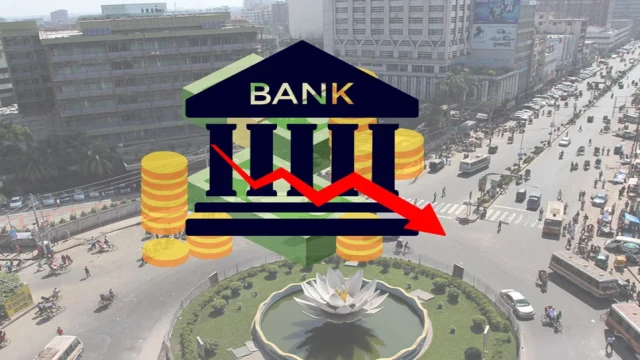

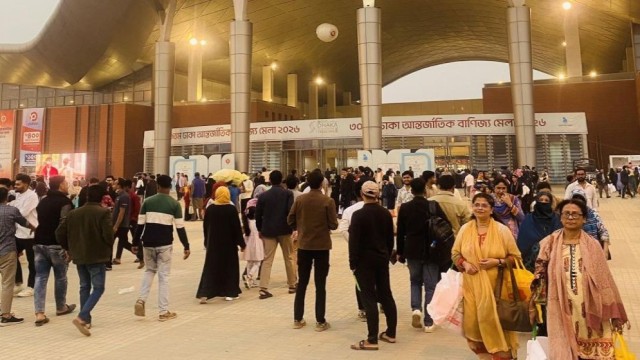


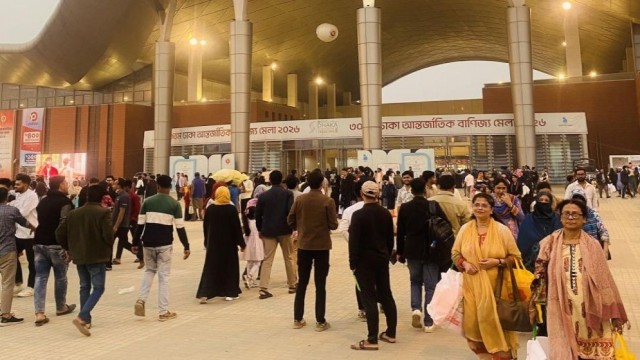



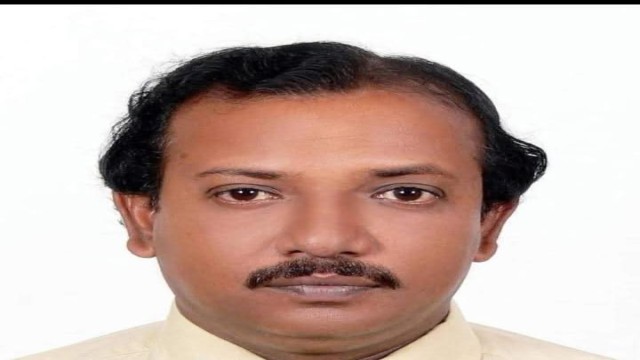


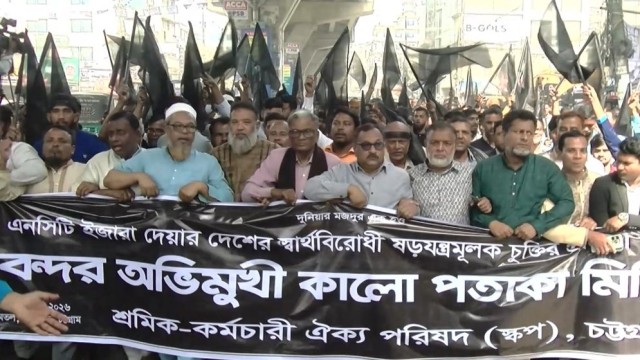
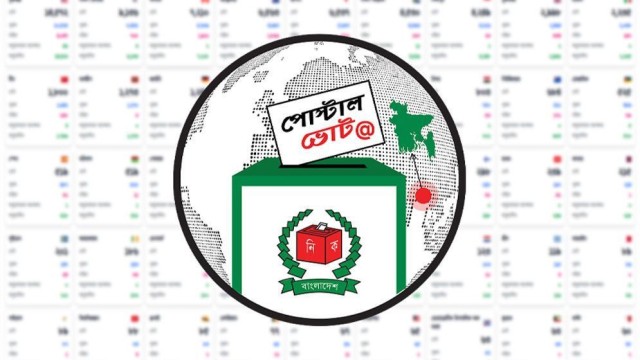
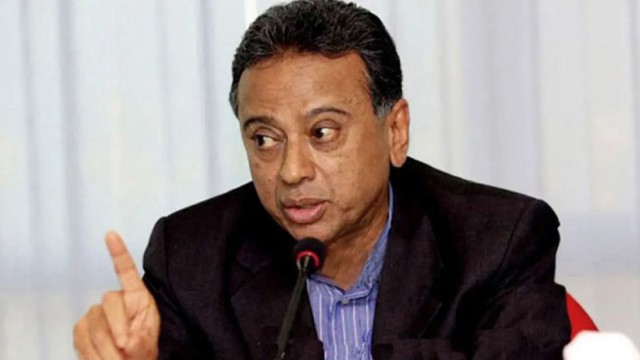

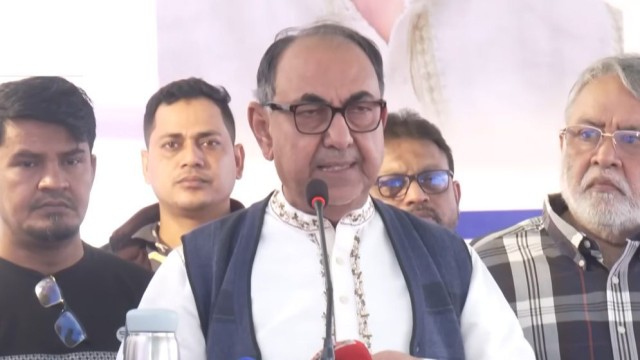







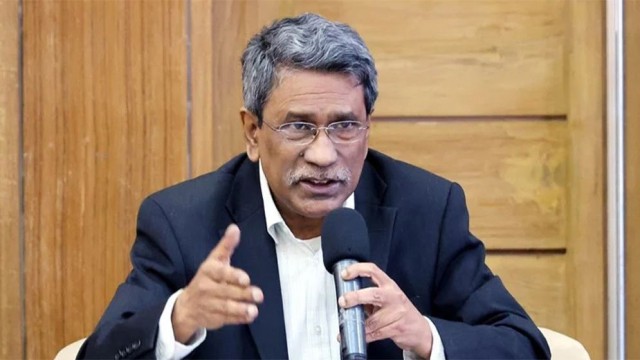
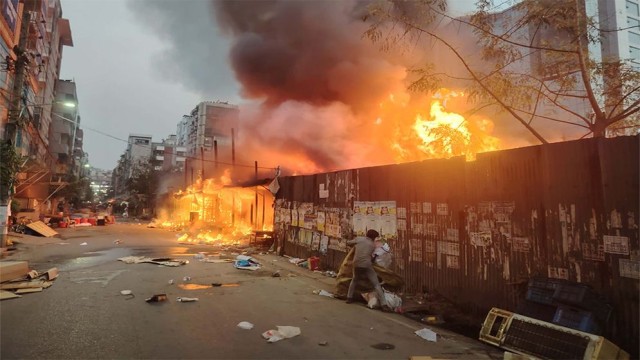

Comment: